Since Carama site displaced persons were forcibly moved by the administration from “Ku mase” place near lake Tanganyika in Bujumbura city in February 2014, Burundi government is currently urging them to return to their native villages.
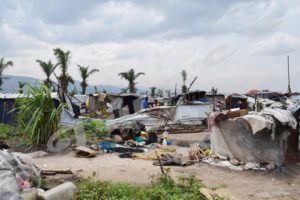
The heavy rain that fell on 8 and 9 October destroyed displaced people’s tents
239 families of about 1000 people are sheltered in precarious huts and tents at Carama area of Kinama Commune in Bujumbura City, on the right side of Bujumbura-Bubanza road. The huts were built with small and thin trees covered with plastic bags, old sheets and grass. A 1 m high-hut covers a 1,5m to 1,5m area. They live in deplorable conditions especially during the rainy season.
The Human Rights, Gender and Social Affairs Ministry stated that they must leave the place and go back to their native places. “The identification is over and we are now waiting for transportation fees and elementary kits to be used for the first days. They must join their native villages”, said Félix Ngendabanyikwa, Permanent Secretary to the Ministry.
According to him, local officials are aware of the situation. “We are going to meet them to talk about the process of welcoming them very soon”, he said. However, Carama site displaced people do not share the government’s view.
“Proceeding to identification is a good thing but we can’t live in uncomfortable places. Some of us fear to return to their native villages because there is still a war nightmare haunting their mind”, said Jean Marie Niyonzima, representative of those displaced people.
Niyonzima exhorts the administration to grant them their promised land in Maramvya area of Mutimbuzi commune in Bujumbura province but in vain. “For the moment, we don’t know where to go. We implore the head of state to intervene; otherwise, we are not prepared to leave this place”, said Niyonzima.
Besides, children and the majority of women are suffering from diarrhea, vomiting, malaria and skin diseases. Women often think that poor hygienic conditions are a potential source of unhealthiness despite a tap and latrines at their disposal. “If nothing is done, we are going to perish in that area due to dirty hands diseases and the heavy rain that may fall at any time,” says one woman met on the site.
“We call upon administration authorities to solve the problem; if not, epidemic diseases will undoubtedly strike us”, she added.

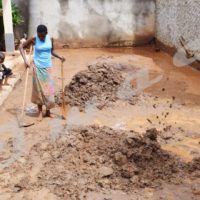
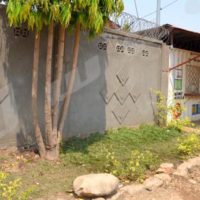
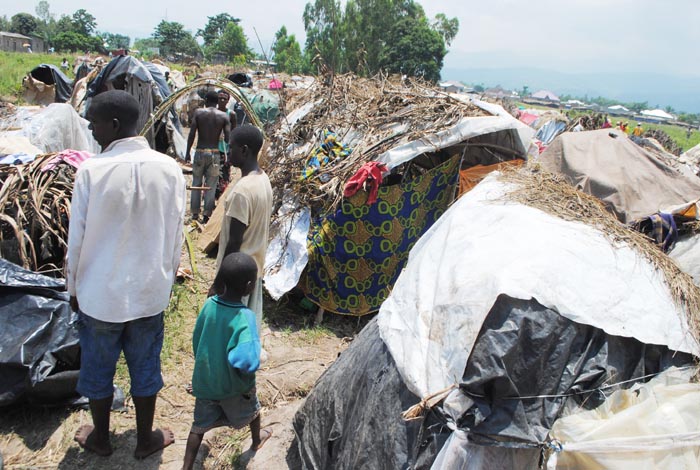
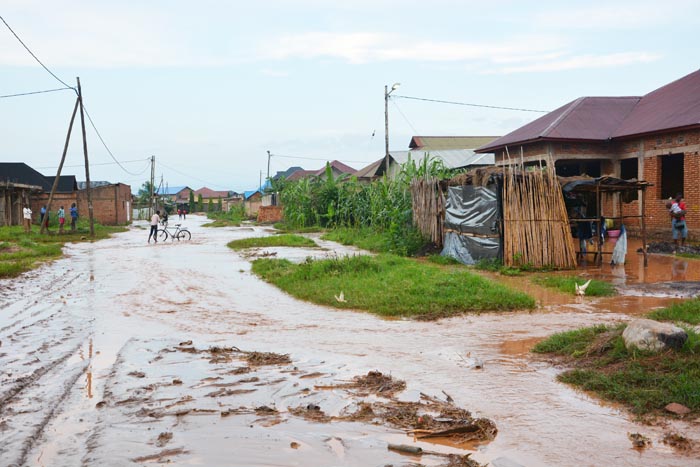













 IWACU Open Data
IWACU Open Data

